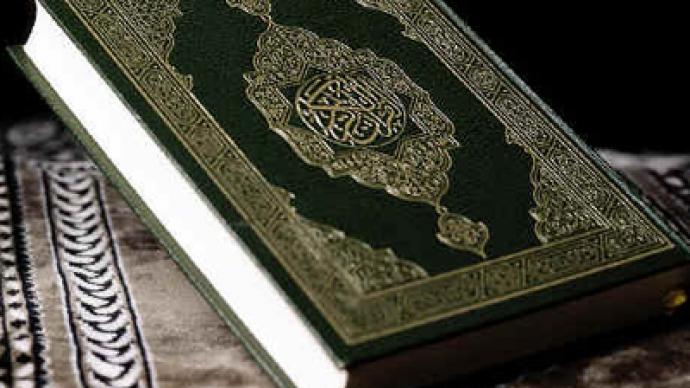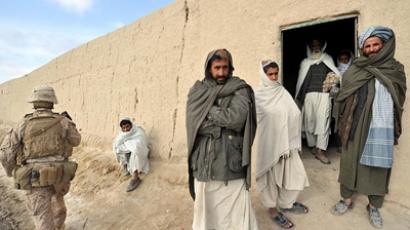Qur'an burning free speech in America?

Protests continue to rage in Mazar-e-Sharif, Afghanistan following initial protests which left at least seven UN workers, five protesters died and many others wounded.
The protests erupted following reports that a pastor in the United States burned a copy of the Qur'an. The pastor in question, Pastor Terry Jones of a fundamentalist Christian church in Florida, didn’t actually burn a Qur'an. He had initially threaded to burn copies of the holy book but backed down after being told his actions might endanger the lives of US troops in Afghanistan and Iraq. Jones was however present when Pastor Wayne Sapp burned a Qur'an on March 21.The incident has pushed many to question just how far free speech goes in America. If what you say or do causes the death of others, are you free to say or do it? Issues surrounding the US First amendment are becoming more debated. Some feel, the principle trumps the outcome, while others contend free speech must be limited.Blogger and political commentator Michael Haltman argued the act of burning the Qur'an was the wrong thing to do, but the US should not alter the First Amendment right to free speech. He explained it is always wrong to burn the religious text of another group, whether it is the Bible, Qur'an or the Torah. “Freedom of speech is crucial in America to the way we live,”Haltman explained. “I don’t know that changing it in this case is the right thing to do.”The principle of free speech is paramount to America, it is a founding principle. It was wrong to burn the holy book, but cannot be responsible for changing the principle of the freedom of speech in America. Senator Lindsey Graham said, “I wish we could find a way to hold people accountable. Free speech is a great idea, but we’re in a war. During World War II, we had limits on what you could say if it would inspire the enemy. So, burning a Qur'an is a terrible thing but it doesn’t justify killing someone. Burning a Bible would be a terrible thing but it doesn’t justify murder. Having said that, anytime we can push back here in America against actions like this that put our troops at risk we should do it, and I look forward to working with Senators Kerry, and Reid, and others to condemn this, condemn violence all over the world based on the nameof religion. But General Petraeus understand better than anybody else in America what happens when something like this is done in our country and he was right to condemn it and I think Congress would be right to reinforce what General Petraeus said.”Haltman disagreed with Graham, explaining that free speech cannot be lost simply because you disagree with the speech. It is one thing to prevent speech which incites a clear and immediate effect, such as falsely yelling “fire” in a crowded movie theater. However burning a Qur'an, he said, is a different situation. Journalist and former CNN host Rick Sanchez argued no one should condone the actions of those who have killed or committed violent acts in the protests, but at the same time, there is no question that Jones knew this could happen and still engaged in the act participating in burning a Qur'an. Free speech is one thing, but performing an act that knowingly will incite violence and can cause harm to others is not free speech. “He [Jones] is literally trying to stir the pot,” explained Sanchez. “You have to hold him accountable for what he has done.”Sanchez argued Jones was well aware that his actions would cause violence and yet he chose to continue. “If we can’t stop him, at least we can stop his actions,” he commented. “Speech is not free without restrictions. There are restrictions.” One cannot use speech to incite harm. If it presents a clear and present danger, Sanchez argued, a person can be held legally accountable. “We have the right to say whatever we want to say, but that right has to end at the point where lives can be lost or people can be hurt or property can be damaged,” he said.














